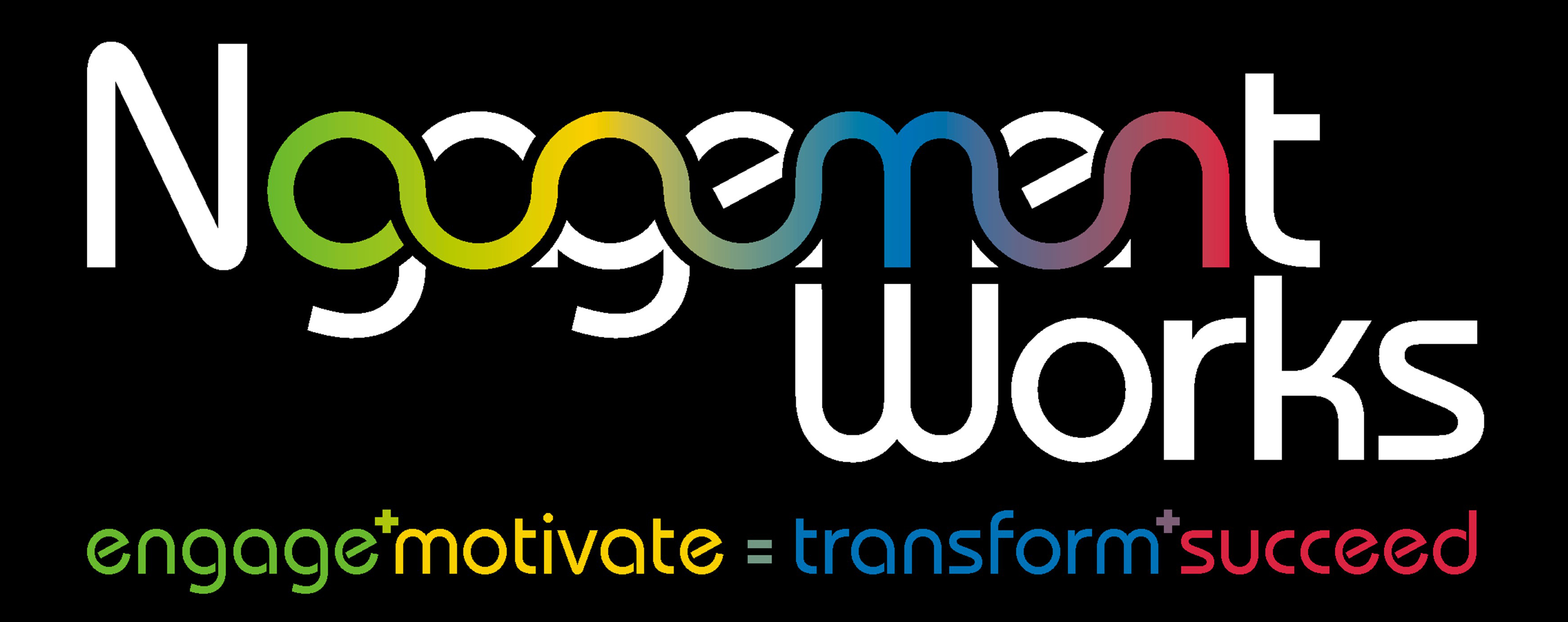When your team gets together, what do you discuss?
This has been one of the questions that I have been asking delegates at various conferences at which I have been presenting on “How To Achieve High-Performance In Teams”. The conferences in question have been in front of audiences made up of leaders, project management professionals and personal assistants. I hope you agree, a varied audience in terms of roles, skills and sectors.
Frighteningly, the responses have had a marked similarity. Below are the top responses:
Budgets, Schedules, Operational Issues, Risks, Service Performance, % of Complaints, Milestones
Do you notice anything about the above? Yes, hopefully, you have spotted that they all focus on tasks, things we need to do to achieve our goals. Additionally, they are all measureable.
Way down the list of responses and very infrequent were as follows:
Inter-personal relationships, communication, collaboration, trust, commitment, effectiveness of meetings.
All to do with relationships and therefore not as easy to measure however, equally as important as focussing on the task, especially if you want to achieve high-performance.
So, it appears that in many teams the focus is very much on the task.
Measurements, software, Gannt charts and spreadsheets in themselves do not achieve goals, people do.
And the results of the question I ask at conferences, correlates with the initial results that I have observed from many of the teams that utilise the Team DyNAmics model of effective team engagement that I have created, a skew towards task as opposed to relationship.
Why is a balance between Task versus Relationship important?
Too much focus on task may result in burnout of individuals, as they strive to hit deadlines and goals. Ultimately, they may go off sick or indeed their engagement will reduce so much that they leave the team. Also, success is often not celebrated, as the focus is the next achievement or deliverable.
Too much focus on relationships on the other hand can lead to a group of happy team members who lose sight of what needs to be achieved. Decisions being made that focus on the harmony of the team as opposed to what the organisation need. Stagnation as the team remain in their comfort zones and don’t strive for excellence.
If you think that your team has an imbalance between task and relationship focus, the first thing to do is speak up and raise the issue.
High-performing teams understand what the purpose of the team is, and through the strength of the positive relationships they have with their colleagues, combined with appropriate skills, processes and technology, collaborate effectively to achieve success.
Wishing you continued happiness and success in both work and life.
Yours behaviourally, Nick
Help Others
If you’ve found this article of interest and value, please use the Follow option in the right side panel to ensure that you are informed of future posts. In addition, why not help others and Pay It Forward, by sharing it with those who may find it useful.
Would You Like To Feature In Pay It Forward?
If you have some effective learning that would help either individuals or a team and want to be featured in the Pay It Forward Initiative, I’d love to hear from you. The only criteria are (1) the learning is effective, (2) it takes no longer than an hour to undertake, (3) you don’t need too many resources, (4) you are able to share it freely.
If you do, please email me via nick@ngagementworks.com or give me a call on 00447966306903 or use the Contact Form
Can I Help You And Your Team Achieve Greater Success or Speak At Your Conference?
If you want to discuss how I may be able to help you and your team my email is nick@ngagementworks.com, my mobile is 00447966306903 or please use the Contact Form
If you want to find out more about the Team DyNAmics© Model and how it is making a positive difference to team engagement and effectiveness, please use this link. Team DyNAmics©



